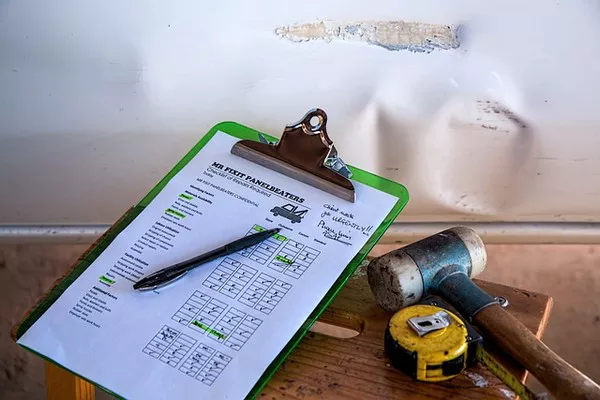HONOLULU (HawaiiNewsNow) – Hawaii residents are facing a double blow of policy cancellations and skyrocketing insurance premiums, creating financial strain for many homeowners.
Carol Fahy of Kaneohe recently received a stark email from her insurance agent. The message from DB Insurance cited changes in the evolving insurance market and informed her that her policy would not be renewed. Although Fahy managed to secure a new policy with a different carrier, it came at an additional cost of $500 annually.
“It’s not fun when these numbers keep going up,” she remarked.
Fahy’s experience is not unique. Homeowners and agents report that insurance premiums have surged dramatically, sometimes by tens of thousands of dollars annually, affecting everything from single-family homes to condos. Many homeowners have received notices stating, “your insurance will expire and will not be renewed,” or citing “a change in underwriting guidelines and high exposure to a fire hazard” as reasons for non-renewal. This has left many scrambling to find new coverage.
The situation is even more dire on Maui, where major insurance carriers are withdrawing from the market.
“For years, insurance companies have been collecting these premiums without any losses, and it goes into a big kitty,” explained Mahealani Strong, an independent insurance broker based in Lahaina. “Every time there’s a disaster, that kitty tips, some comes out, goes back up, they’re able to refill it. But the past three years alone have seen no relief from disasters.”
Strong identifies several factors fueling Hawaii’s insurance crisis. “Inflation was already pushing rates up, and now catastrophic losses nationwide have exacerbated the issue,” she said. “Because insurance was undercharged, we’ve got an empty kitty.”
The undercharging problem stems from many homeowners purchasing only the minimum insurance required for their mortgages, leaving insufficient premiums to cover substantial losses. As a result, insurance carriers are now reassessing risks and increasing rates to offset significant losses experienced over recent years.
In one extreme example, the cost of a condo policy jumped from $800 to $8,000 annually.
“I don’t think the carriers are trying to gouge the market,” Strong said. “They’re attempting to balance out their constant losses. You share a rate with others who may have higher risks, so everyone in that pool is affected.”
Strong advises homeowners to prepare and adjust their budgets accordingly. “Never rely solely on a bank’s advice for coverage amounts,” she recommended. “Consult a contractor for a realistic property value estimate and have a thorough conversation with your insurance agent.”
The Hawaii Insurance Division confirmed that the insurance industry is experiencing a challenging market characterized by high rates and limited availability. Nationwide, insurance rates have been rising, influenced by the reinsurance market’s contractions, which in turn have increased rates for insurance carriers. This trend has led to substantial cost hikes, sometimes exceeding 50%.
To address potential insurance availability issues in Hawaii, the state is exploring expanding the Hawaii Property Insurance Association (HPIA) and restarting the Hawaii Hurricane Relief Fund. These efforts aim to maintain insurance availability and affordability in compliance with statutory mandates.
Strong urges the state to cut through bureaucratic red tape to prevent people from losing their homes. She warns that it might take a decade for rates to stabilize.
“Brace for impact. Hope that it’s a slap instead of a punch, but it’s coming,” she said.
For homeowners receiving non-renewal notices or facing significant rate increases, the Hawaii Insurance Division publishes an annual premium comparison sheet and guide for various types of insurance. Exploring alternative insurers is advised.






















